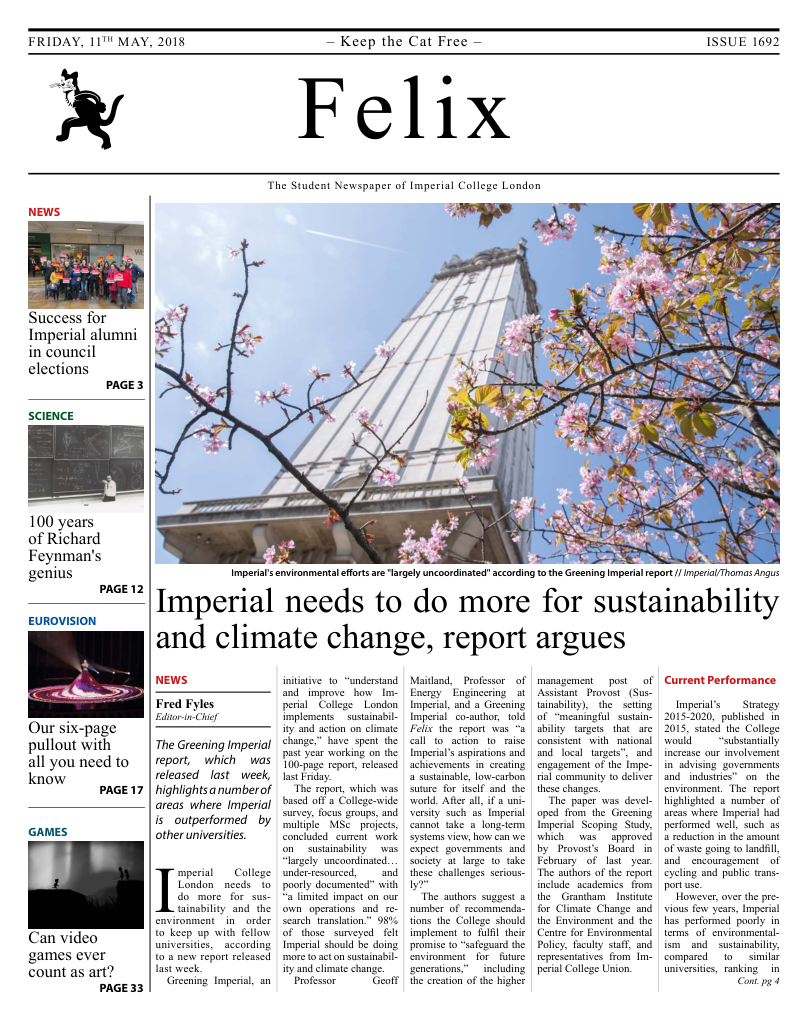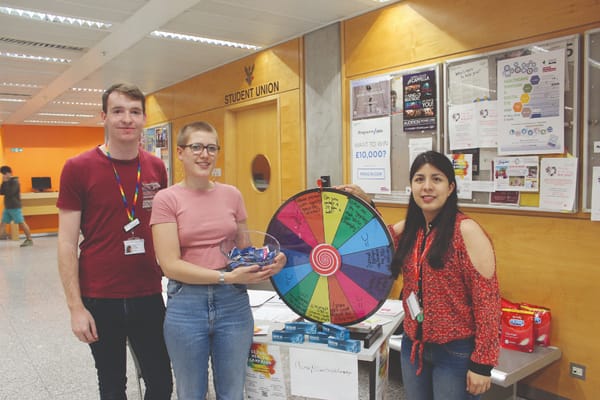London rated best city for international university students
The QS rankings place London on top for educational opportnities, despite a high cost of living

London has been ranked the best city for university students, beating out Tokyo and Melbourne for the top spot.
This is the first year London has topped the rankings, which are organised by the higher education company QS. London came third in the rankings last year, being beaten by Montreal and Paris, which came first and second respectively.
Only two cities in the US are in the top 30 ranking, which is dominated by universities in Europe, Australia, and Asia. This is a sharp contrast to the QS World University Rankings, in which American institutions occupy around 50% of the top rankings.
The annual report, which “showcases the best urban destinations for international students”, uses a range of indicators to generate their rankings, ranging from the number of ranked higher education institutions in the city, through to pollution levels and the number of graduates who stay on after they finish in higher education.
While London scores highly on Student Mix, Student View, and Employer Activity, it is among the least affordable cities for students. A high cost of living and increasing rents make London a comparatively expensive city for students. The average rent for students at Imperial-owned properties stands at £175/week, and private halls aimed at students can cost up to £430/week.
While QS said “rent and living costs are significantly higher in London”, they said it could be “worth every penny” due to the educational, cultural, and social opportunities. They described the city as a “nerve-centre of global academia,” citing UCL and Imperial, which rank seventh and eighth respectively in the QS World University Rankings. In total, 17 universities in London appear in the QS university rankings.
The QS rankings are designed for international students, looking at moving to London for university. According to the Higher Education Statistical Agency (HESA), 19% of students studying in this country are from outside the UK – nearly 450,000 as of last year. The most prevalent international non-EU group are Chinese students, who make up almost one third of non-EU students.








